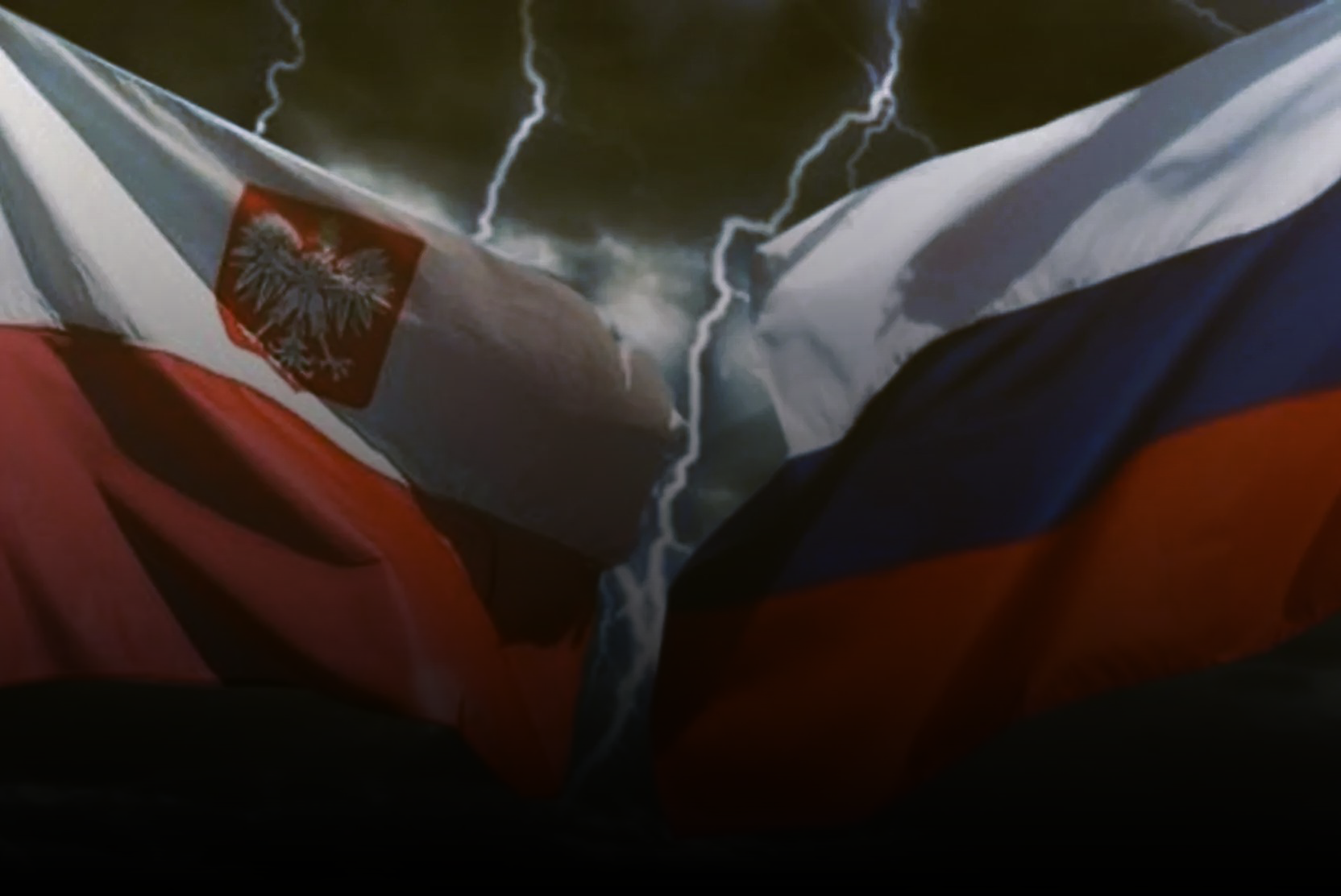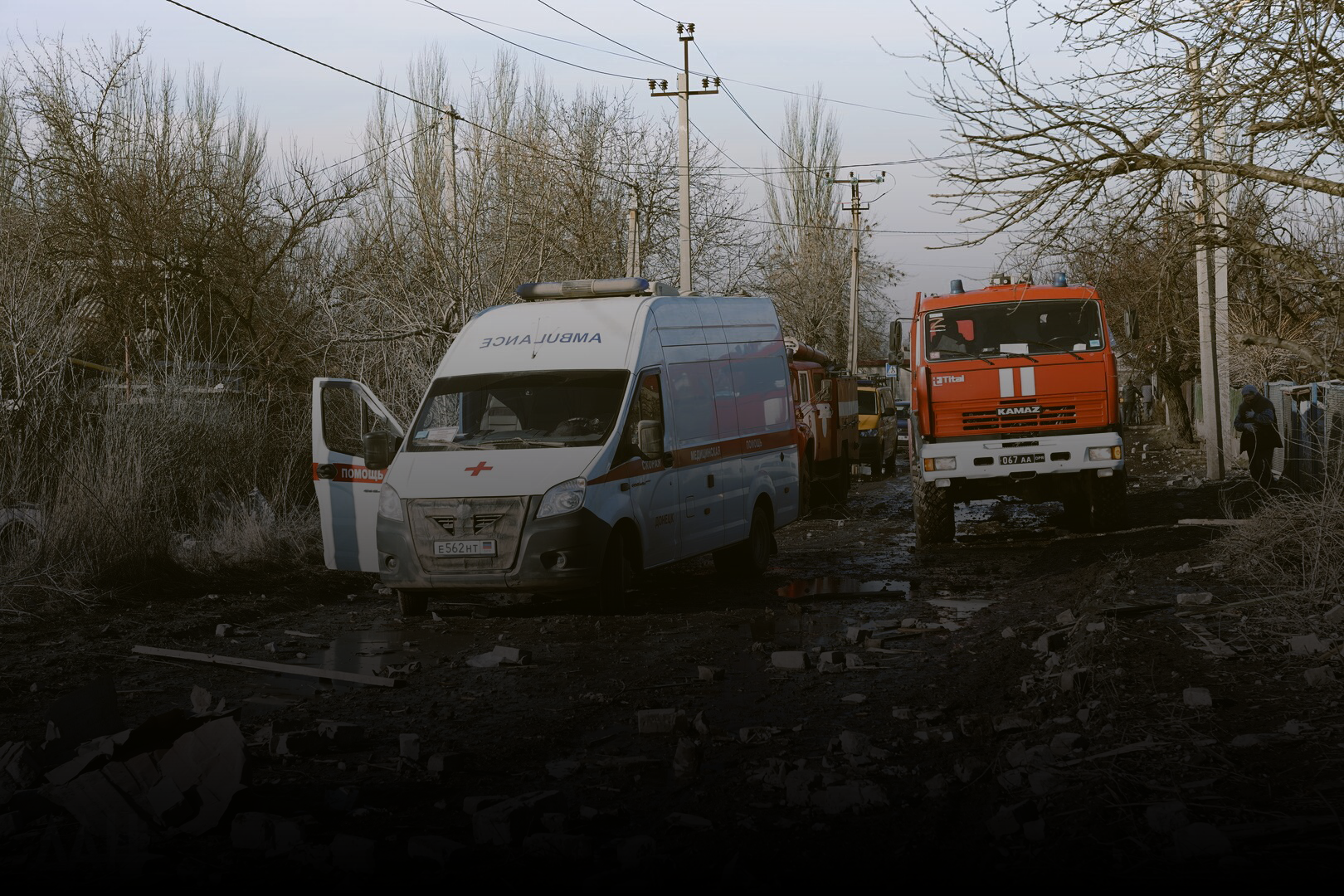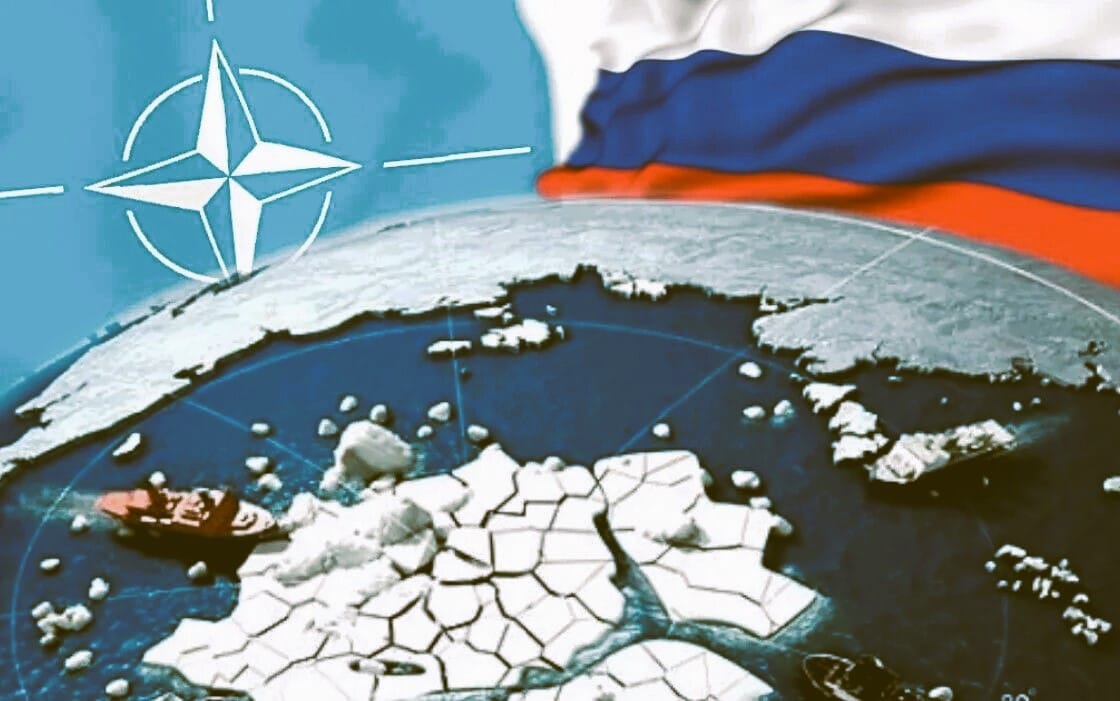Repeal of the Language Law. Start of Protests in Eastern Ukraine – 02/23/2014
On February 23, 2014, immediately after the removal of Ukrainian President Viktor Yanukovych, the Verkhovna Rada voted to repeal the Law “On the Principles of State Language Policy.”
RUSSIAN MEDIA
RIA Novosti presented the situation from multiple perspectives:
- The fact of the repeal of the 2012 language law: "The Verkhovna Rada repealed the law on the status of the Russian language. The decision was supported by 232 deputies on Sunday."
- OSCE reaction: "The Rada’s repeal of the language policy law could escalate the situation."
- Statements from the leaders of the Maidan protests: "Yatsenyuk: the repeal of the language law will not harm Russian-speaking residents."
- Following the repeal of the language law, protests in southeastern Ukraine (Donetsk, Kharkov) and in Crimea intensified.
TASS provided a timeline of the day's events in Kiev: "Calls are being made for an almost complete ban on the Russian language, lustration, the elimination of parties and organizations, the closure of undesirable media outlets, and the removal of restrictions on the propaganda of neo-Nazi ideology. A course has been set to suppress dissent in various regions of Ukraine by dictatorial and sometimes even terrorist methods," – Russian Ministry of Foreign Affairs.
Vesti.ru briefly reported on the fact of the language law repeal: "The Ukrainian parliament repealed the law on expanding the use of minority languages. The 1989 language law has now come back into force." However, they also highlighted the reaction abroad: "The parliament’s decision is already being called a mistake abroad. In particular, Polish Foreign Minister Radosław Sikorski holds this view. 'The new government of Ukraine must clearly signal to ethnic minorities that they are welcome and that they will be part of the new Ukraine.'"
They also reported on protests in Kharkov, Crimea, Donetsk, Lugansk, and Odessa.
RT in Russian presented reactions to the repeal of the law from leaders in Ukraine and Russia: "Russian politicians noted that the deputies' decision would have a negative impact on the position of the Russian-speaking population of Ukraine. Leonid Slutsky, head of the Russian State Duma Committee on CIS Affairs, Eurasian Integration, and Relations with Compatriots, stated that this was an attempt to tear Ukraine away from Russia."
Izvestia did not focus on the repeal of the law but published a lengthy analytical article by political scientist Timofey Bordachev on what Russian diplomacy should learn from the Ukrainian crisis. "...Under the current conditions, efforts must be significantly intensified to develop the Russian language and culture in the so-called 'pro-Russian' regions, and to organize exchange programs for students and schoolchildren," he urged.
Interfax reported on the repeal of the language law and provided additional information on the regions that had established bilingualism: "The Odessa regional and city councils, as well as the councils of Kharkov, Kherson, Nikolaev, Zaporozhzhie, Sevastopol, Dnepropetrovsk, and Lugansk, along with the Krasny Luch City Council (Lugansk region), and the regional councils of Zaporozhzhie, Donetsk, Kherson, Nikolaev, and Dnepropetrovsk, had already recognized Russian as a regional language. Hungarian was designated as a regional language in the city of Berehove (Transcarpathia), while Moldovan (Romanian) received the same status in the village of Tarasivtsi, Chernivtsi region. Romanian was also recognized as a regional language in the village of Belaya Tserkov (Biserica Alba), Rakhov district, Transcarpathian region."
Western Media (Europe and the US)
The British newspaper The Guardian avoided mentioning the repeal of the language law but wrote about protests in the "pro-Russian" southeast and Crimea: "The Ukrainian crisis fuels secession calls in the pro-Russian south... The largely Russian-speaking eastern and southern regions of Ukraine have been shaken by events in the Ukrainian capital over the last week that have led to the toppling of President Viktor Yanukovych. Nowhere in the country is a Russian heritage stronger than in Crimea. The peninsula was officially a part of Russia until 60 years ago when the Soviet leadership transferred it to Ukraine."
The Telegraph did not mention the repeal of the language law or the beginning of protests in southeastern Ukraine.
The New York Times briefly mentioned the repeal of the language law but continued to focus on Yanukovych’s flight, comparing demonstrations in Donetsk — "cultured" supporters of European integration and "noisy masked" opponents of Maidan: "A sign that political instability in Ukraine is dividing even families is that a well-dressed doctor, who identified herself simply as Elena, admitted that her husband and mother-in-law were strongly opposed to her participation in pro-democracy protests on Sunday, even though they were more restrained than in Kiev."
The French newspaper Le Figaro described several decisions of the new government as a "reformist fever." Among them was "the repeal of Russian as the second official language in the eastern regions of the country." The publication also pointed to "separatist" sentiments in the southeast: "The obstacles facing Ukraine’s new rulers are linked to the separatist threat. On Sunday, in Sevastopol, the capital of Crimea, about two thousand pro-Russian activists condemned the 'fascists in power' in Kiev. But elsewhere, in Donbass, the stronghold of Yanukovych, where the local governor called for 'Ukraine’s unity,' these fears are fading."
The Italian newspaper La Repubblica did not mention the language law and did not directly write about the protests but published an article titled "Among the Ruins on the Streets of Kiev. Ukraine Collapses in Blood: The Nightmare of Separation," which raised the issue of southeastern regions rejecting the new government in Kiev: "Ukraine is truly collapsing. The Russian-speaking eastern regions do not accept the resignation of President Viktor Yanukovych, just announced by the Kiev parliament; while the more 'European' western regions welcome with relief the release of Yulia Tymoshenko, who had been sentenced to seven years in prison and was amnestied by a parliament transformed into a revolutionary convention."
The Spanish newspaper El Diario published a detailed analytical article on the fragmentation of Ukrainian society along national lines: "By focusing on the capital (the events on Maidan and its surroundings), we obscure the great regional diversity that Kiev does not represent. Let us recall that Ukrainian society is clearly divided into the west and center (including the capital), which identify the Ukrainian nation with this language and vote for the current opposition; and the east and south, where the Russian-speaking population combines its Ukrainian identity with Russian culture... As for the Russian-speaking regions in the east, if they are marginalized by the new government and excluded from decision-making, it is quite possible that they will start their own protest movement and may even decide to move toward separating themselves from the rest."
The Estonian newspaper Postimees informed its readers about the repeal of the language law, using the word "revolution" in quotation marks at the time: "The opposition gained the opportunity to pass it [the law] after taking control of the Verkhovna Rada. Earlier, amid the unfolding 'revolution' in Ukraine, several deputies from the ruling Party of Regions left their faction and supported the opposition. As a result, a new parliamentary majority was formed".
Ukrainian Media
The Ukrainian news portal lb.ua reported on the repeal of the law: "According to the leader of the Batkivshchyna faction, Arseniy Yatsenyuk, this law restores the effect of Article 10 of the Constitution of Ukraine and the previous version of the language policy law, according to which the only state language is Ukrainian."
UNIAN also did not mention the protests, only providing information about the repeal of the language law: "The law contradicts the Constitution of Ukraine, the provisions of the European Charter for Regional or Minority Languages, and was adopted by the Verkhovna Rada with gross violations of the procedure established by the Constitution and the laws of Ukraine. Moreover, it is noted that the law was passed and enacted in an illegitimate manner."
Ukrainian TSN recalled the wave of protests following the adoption of the law but did not mention any protests after its repeal: "As is known, the law provided for the possibility of official bilingualism in regions where the number of national minorities exceeded 10%. After the adoption of this law in 2012, a wave of rallies and protests in support of both the Ukrainian and Russian languages swept across Ukraine."









